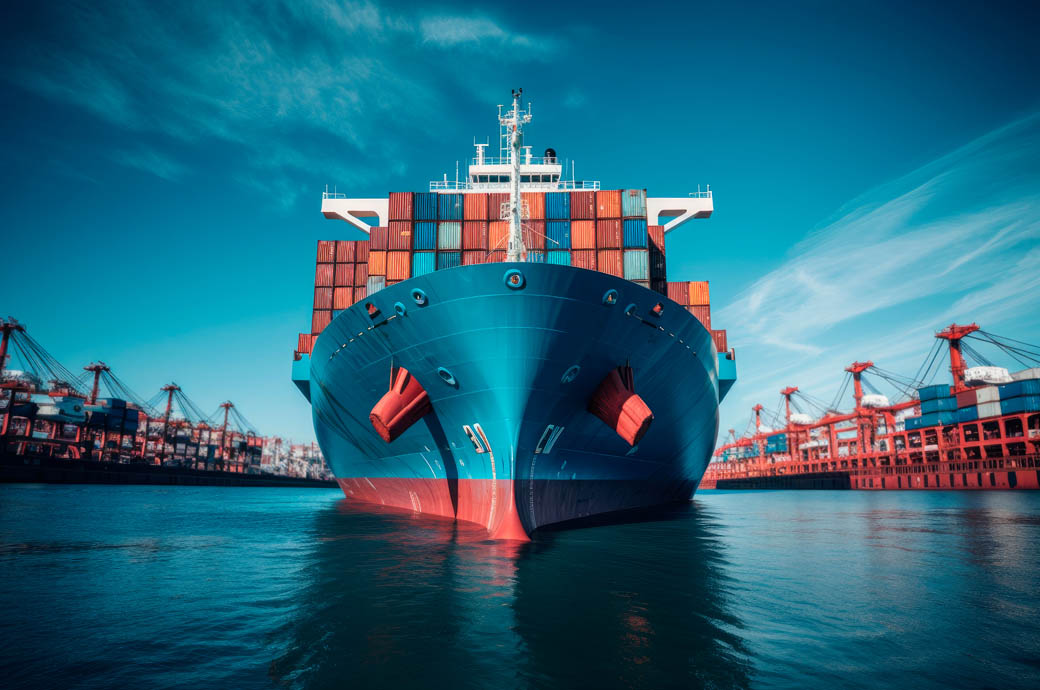
Imports are likely to be less affected than exports as many Asian countries are dependent on China (or India in the case of South Asia) for their inbound shipments, it noted.
Despite the rerouting of trade, data indicate that inbound vessels are less affected than outbound vessels for countries such as Singapore, Cambodia, New Zealand, Indonesia and Sri Lanka.
EIU expects small downward revisions to its forecasts for Asian growth in the first half of this year as a result of the disruption, which is likely to persist, and upside risks to our inflation forecasts.
Sub-regions more directly affected will include South Asia, for which most trade goes via the Suez Canal, and export-oriented economies in Southeast Asia such as Indonesia, Thailand and Malaysia.
An indirect impact will be felt across most Asian economies through increased shipping costs, particularly in food-dependent economies, EIU said in a note.
Import dwell times for countries like Japan, India and Australia have increased significantly, which may exert inflationary pressure tied to disruption in clearance and the smooth onboarding of new vessels.
Regardless of shipping disruption, it takes longer to ship from Bangladesh than other countries in south and south-east Asia because of the former’s poor port infrastructure. EIU expects countries like Bangladesh to face a greater impact as manufacturers and warehouses shift their bases to other countries, like Indonesia, which would reduce lead time by 10 days in the medium term.
Fibre2Fashion News Desk (DS)